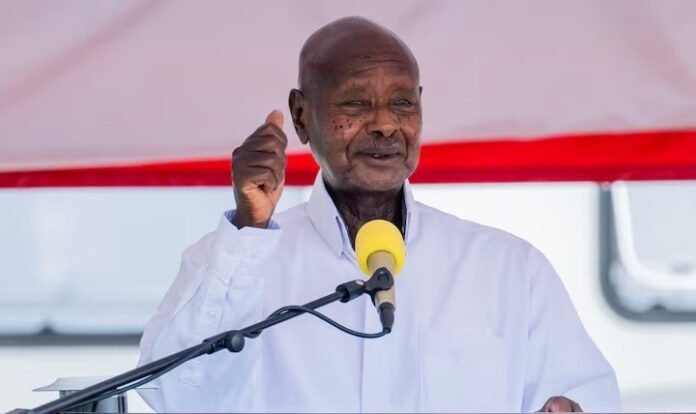By Chris Kato
President Yoweri Kaguta Museveni, who has ruled Uganda for nearly 40 years, is once again the flag bearer of the National Resistance Movement (NRM). Unlike other contenders, Museveni enjoys the trappings of the presidency even while seeking re-election—an issue that has repeatedly drawn criticism from both domestic opposition and international observers.
Incumbent President Yoweri Museveni enters his seventh consecutive race with the privileges of incumbency still intact.
The Supreme Court, following election petitions since 2001, has consistently recommended reforms to level the electoral playing field. One of the key proposals was to strip the incumbent of presidential privileges at least five months before nominations. However, Museveni has never implemented these reforms, further entrenching the imbalance between him and his challengers.
Historical Context of Unfair Contestations
Uganda’s presidential elections have long been marred by allegations of bias and state interference. The two-decade-long rivalry between Museveni and his archrival Dr. Kizza Besigye, now incarcerated, epitomised the struggle for fair competition. Even earlier, the late Paul Kawanga Ssemogerere contested against Museveni under similarly uneven circumstances.
Kyagulanyi’s entry into this long-running struggle reflects a generational demand for change, though he faces the same entrenched obstacles that hampered his predecessors.
What Lies Ahead
As Uganda edges closer to the 2026 polls, the nomination of Kyagulanyi on September 23 will mark a defining moment. The charged political climate, the security-heavy nomination venue, and the continued dominance of Museveni’s incumbency will shape both the spectacle and substance of the coming elections.
Whether the IEC can manage this process transparently and equitably remains a question that will test the integrity of Uganda’s electoral system once again.








